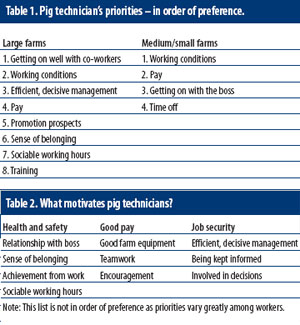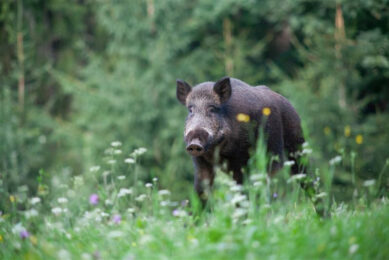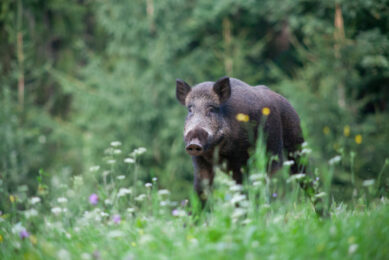By John Gadd- “It is so difficult to get good stockpersons.”
- “Having found someone experienced, it can be a real problem to retain him/ her”.
- “I worry too much about getting hold of and then keeping good people.”
Three remarks made to me in person since the start of 2007!
Labour problems
I’ve been working recently on labour problems in some Eastern European countries and coincidentally in other parts of the world too. In East Europe they have plenty of labour – cheap labour too – but lack experienced pig technicians and motivation was poor on most farms, large and small. The smaller farms were mostly family farms employing one or more outside workers, while the big boys – 1,000 sows upwards – had a large labour force with many workers, many of them bussed in from a distance, and taken home again at night.
Different guidance
The smaller units needed rather different guidance on motivation from the ‘industrial’ farms, which is probably true globally, I guess.
Suggestion, especially for the larger farms: why not ask your staff… What their priorities are What they least like about the job How would they improve it?
This is best done by an independent person with their replies guaranteed to be anonymous and that they will be reported back to them.Then… hold a discussion session with your staff and see how many responses are appropriate to your conditions. I’ve organised several of these and it was both illuminating to all involved – and motivational too. From these sessions Table 2 could be compiled.
Of these thirteen priorities – for how many would you, as a manager or owner, award yourself full marks The most surprising result of this little exercise was the number of instances when the boss admitted he didn’t know or, having thought about it, wasn’t really sure whether he was providing them and to what degree.
So much for the positive angle – what about the negative? Table 3 is to my mind, even more revealing and many owners/ managers were quite embarrassed when shown it! All these replies were gathered from staff who had recently left their jobs – the majority, but not all of them – from previous employment on pig farms.
Dissatisfaction
Note that the predominance of dissatisfaction – sufficient to cause them to leave – were sociological reasons and that pay was rarely mentioned, although as Tables 1 and 2 indicate, pay is nevertheless a motivating factor. I adduce from this that not only do quite a few employers in pig industries across the world need training in people-management, but so do their section heads. Agricultural Colleges please note?
From the above discussion it seems the keys to the sociological side of staff motivation are:
* Pig technicians to be given a reasonable workload
* For their contribution to be recognised
* And valued in a way that they can appreciate
* And so be treated as a useful team member
Next month, because space is understandably limited on this vitalsubject, I’ll go on to provide a list of motivating ideas and essentials and later deal with three undoubted minefields which the textbook authors shy away from. These are the vexed questions of pay, bonus incentives and the dreaded – on both sides of the desk – job appraisal!












